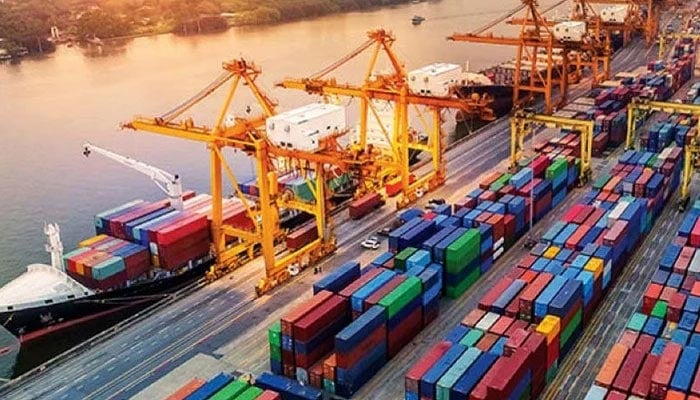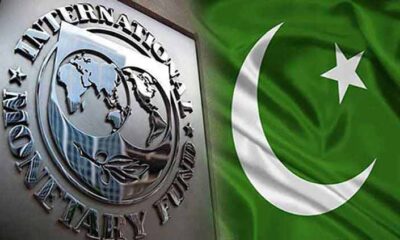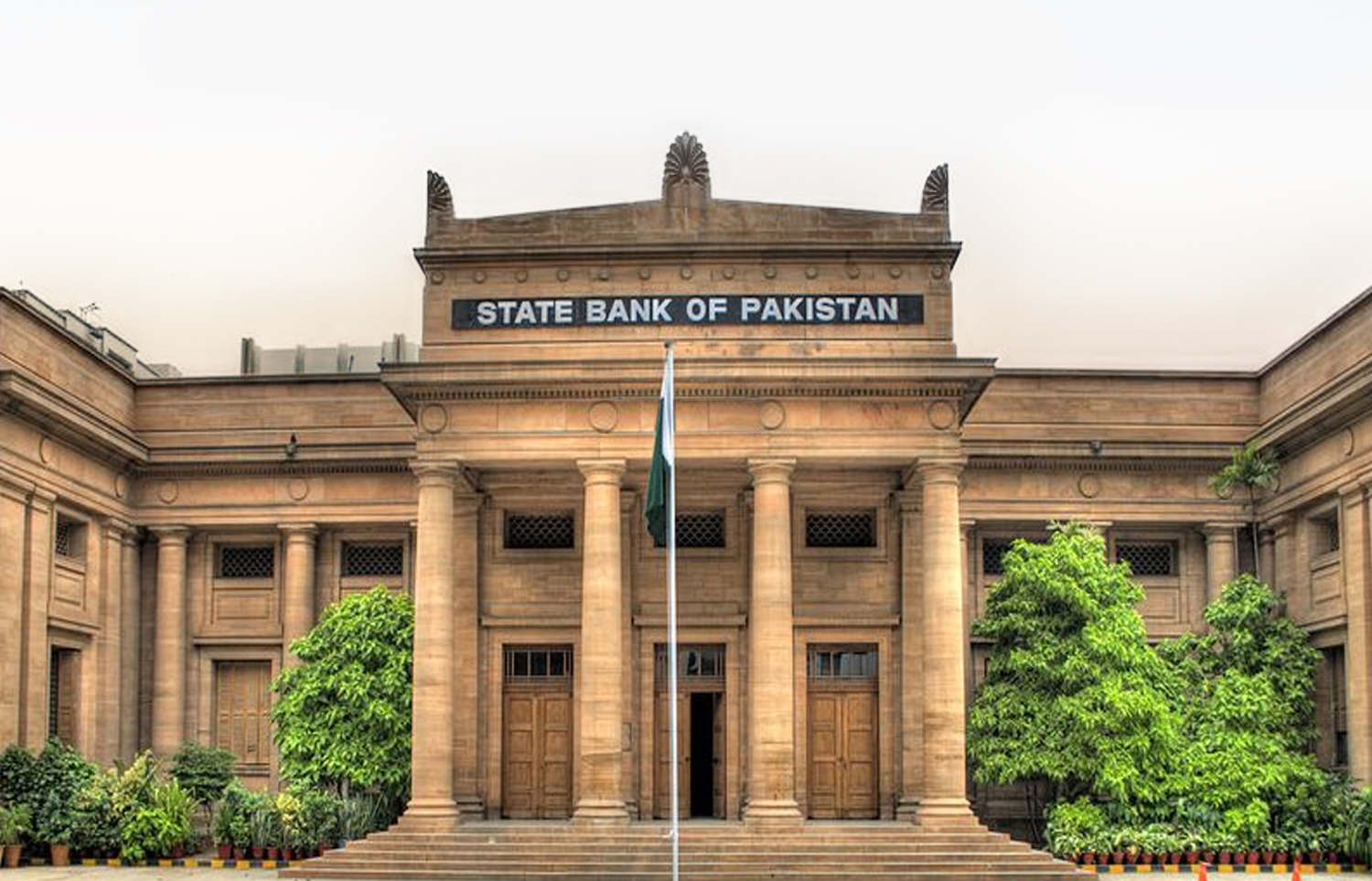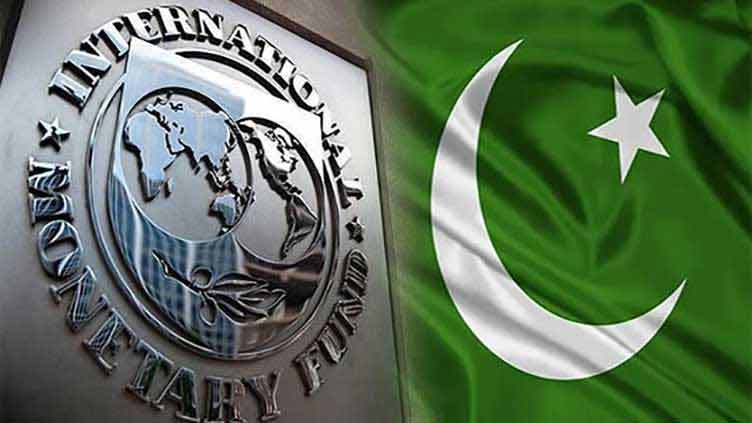- Imports drop by 20.15% in July-November.
- 33.6% imports dip in November 2022.
- Services trade deficit receded by 38%.
ISLAMABAD: The country’s trade deficit in the first five months of ongoing fiscal year 2022-23 fell by 30.14% to $14.4 billion due to a drop in non-essential imports, The News reported Friday.
According to the monthly trade bulletin of the Pakistan Bureau of Statistics (PBS), the imports in July-November dropped by 20.15% to $26.34 billion from $32.98 billion in the same period last year.
However, exports were also reduced by 3.5% in the same period to $11.93 billion against $12.36 billion in the same period last year, the PBS said Thursday.
Compared to November 2021, Pakistan imported 33.6% fewer goods and sold 18.3% fewer products abroad in November 2022. In November 2022, exports dropped by 18.34% to $2.37 billion from $2.9 billion in the same month in 2021, while imports dropped 33.6% to $5.245 billion from $7.9 billion in November 2021.
The trade deficit was narrowed by 42.46% to $2.88 billion from $4.99 billion in the same month last year.
A downward trend has been witnessed in the import bill since the beginning of the current fiscal year as imports fell by 10.4% in July, 7.7% in August, 19.7% in September, 27.2% in October and 33.6% in November over their respective corresponding months of 2021, PBS trade bulletin revealed.
Comparing monthly trade performance with the previous month (October), goods exports in November 2022 fell 0.63% from $2.38 billion last month, while imports increased 11.34% compared to October’s $4.7 billion.
Experts predict the export bill might not touch the $29 billion threshold in 2022-23. The average monthly exports in the first five months of the fiscal year are $2.386 billion. The export growth has been affected by local constraints and the slowdown of world economies. Economic policies such as costly bank financing, rupee devaluation, and expensive input costs alongside political instability have played a significant role in the export drop.
It is pertinent to mention that in the last fiscal 2021-22, the economy accumulated a record-high trade deficit of $48.38 billion, registering over a 31% upsurge over the fiscal year 2020-21.
Trade in Services
The PBS also issued economic performance data on trade in services with other countries. The services trade deficit receded by 38% to $812 million against $1.31 billion a year ago in the first four months of the fiscal year. From July to October, services exports increased by 3.97% to $2.26 billion, and imports dropped by 11.8% to $3.1 billion.
Services exports in October 2022 increased by 1.14% to $559 million, while imports dropped by 26% to $730 million against exports of $553 million and imports of $986 million in October 2021. Yearly, the services trade deficit lowered by 60.55% to $171 million in October 2022 against $433 million in October 2021.
PBS data shows that the services exports declined by 2.1% and imports by 1% over the previous month. In September 2022, Pakistan earned $571 million by selling its services abroad, while local businesses hired services worth $737 million from overseas service providers, registering a $166 million deficit.

 Latest News7 hours ago
Latest News7 hours ago
 Latest News8 hours ago
Latest News8 hours ago
 Latest News6 hours ago
Latest News6 hours ago
 Latest News6 hours ago
Latest News6 hours ago
 Business6 hours ago
Business6 hours ago
 Latest News7 hours ago
Latest News7 hours ago
 Latest News6 hours ago
Latest News6 hours ago
 Latest News6 hours ago
Latest News6 hours ago




















